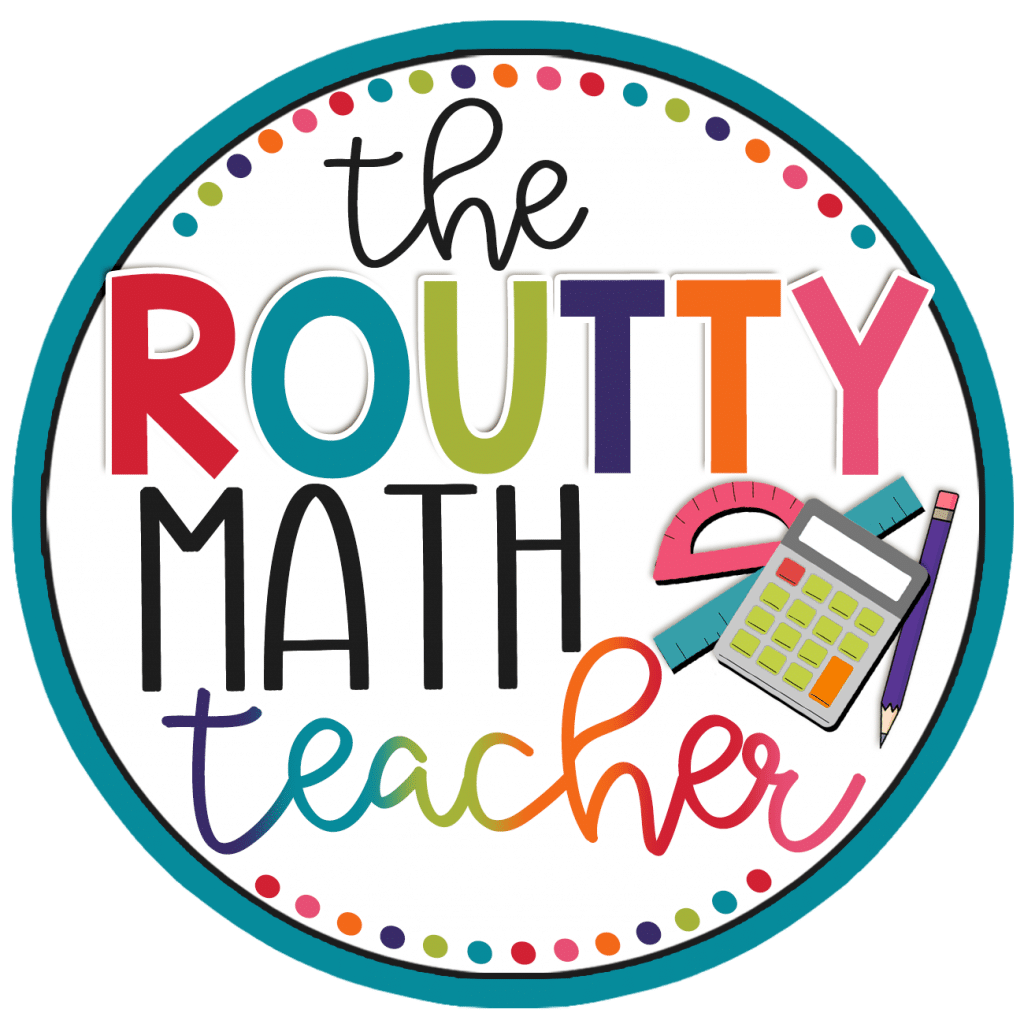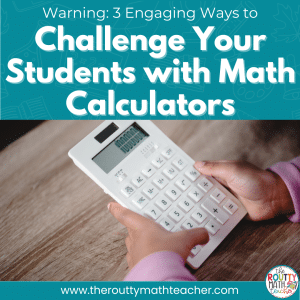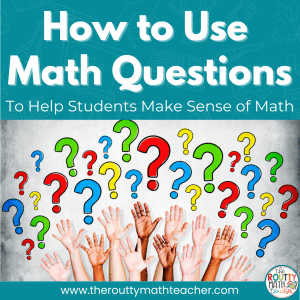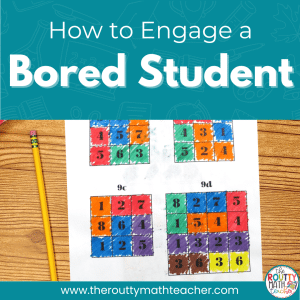
Math Station Games: 3 Simple Activities
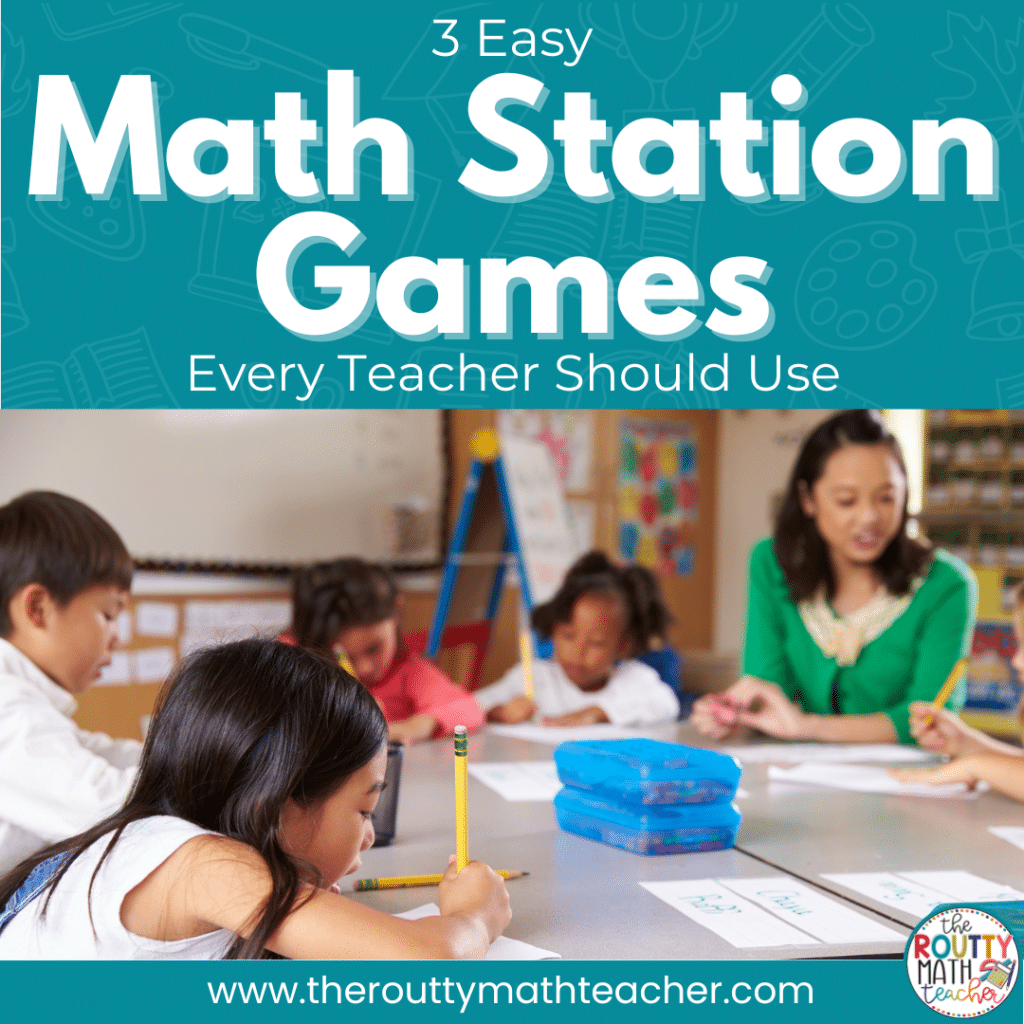
Deciding which math station activities to use each week doesn’t have to be a challenge. Using simple and easy-to-implement math station games is one way to reinforce grade-level content and reduce your planning time. In this post, I share three of my favorite math station game templates.
I just couldn’t find what I needed.
I could picture the activity in my head, but I couldn’t find a game that matched the picture in my head.
Since I couldn’t find it, I decided to create it.
I used a game with which my students were familiar as a template and created a blank version of it on PowerPoint.
I then found some problems to use to help my students practice the skill and . . . Viola! I created my own game in under an hour.
The game was super simple, but it was a hit!
And, my principal loved it.
Now, I’ve never been the teacher to put on a dog-and-pony show for my principal when she came in to do my evaluation, but I want her to get a glimpse of what I do best.
Creating my own game was a lightbulb moment for sure. I’d never considered this before.
How Easy Game Templates Saved My Teacher Life
This small moment sparked a whole new way of approaching math stations and I thought of several familiar games my students recognized that I could adapt to any math skill.
It was a stroke of genius and it made planning for math stations a breeze! After I created a game, I duplicated it on cardstock and saved the games to use later.
Easy Templates for Math Station Games
Over the years, this became a go-to strategy for me and I found several games I enjoyed using with my students.
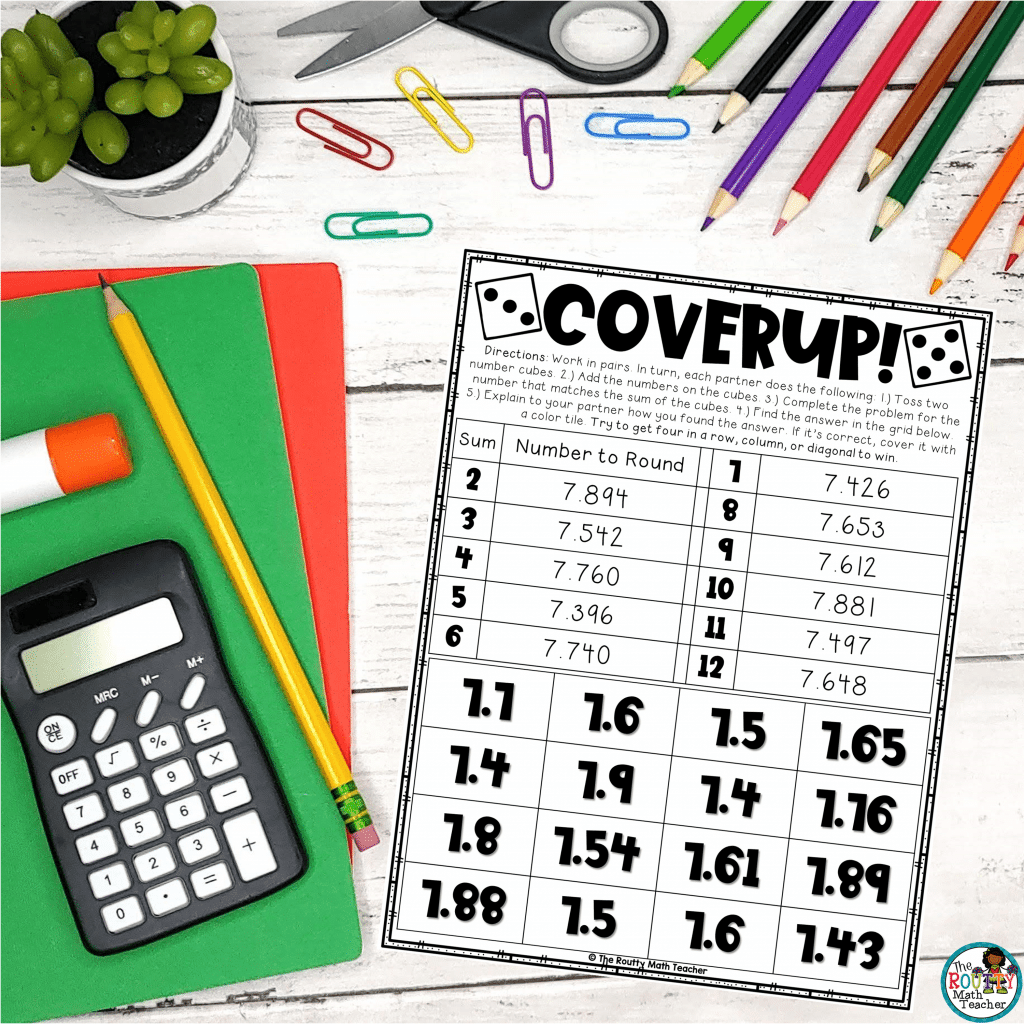
Cover Up
This is the game I used for my annual evaluation. Cover Up is a versatile game that can be used with a variety of skills. The only limitation is the amount of space you have to record the questions. I found this game works best with computations and simple word problems/questions.
Here’s how it works:
1. Roll two dice.
2. Match the sum of the dice to a question.
3. Cover up the solution in the grid.
4. Try to get cover four boxes in a row, column, or diagonal to win.
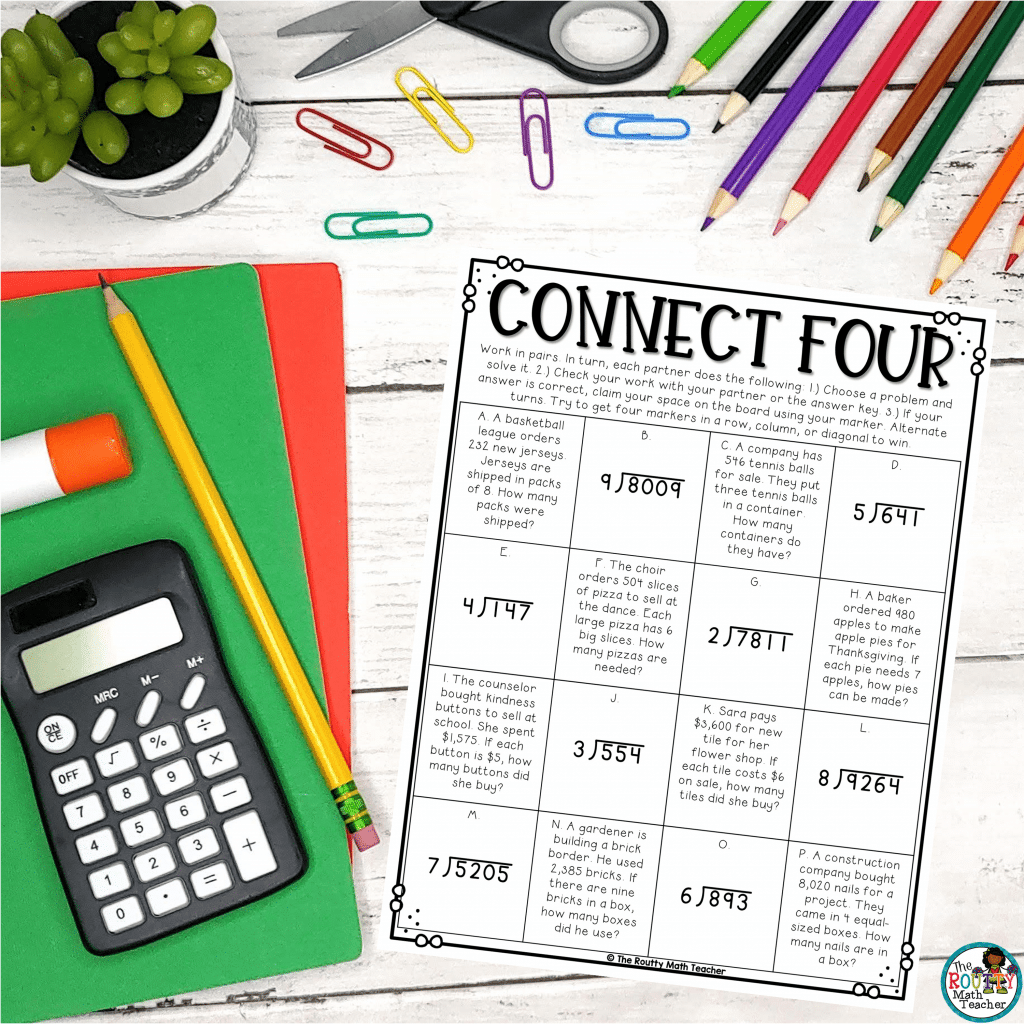
Connect Four and Connect Five
There are two versions of this game, including either a 4 x 4 grid or a 5 x 5 grid. Students take turns selecting a space and responding to the question or task in the space.
This game works in a variety of ways. First, program the grid with A, B, C, and D. Then students read a multiple choice question and cover up the letter of the correct answer in the grid. Second, program the grid with simple questions or vocabulary terms. Then, students select a space on the grid to which to respond and cover the space once correct.
Here are the basic rules of the game:
Version 1:
1. Read a multiple-choice question.
2. Respond to the question.
3. Select a space on the grid with the letter of the correct answer.
4. Connect four or five spaces in a row, column, or diagonal to win.
Version 2:
1. Select a space on the grid.
2. Respond to the question or complete the task.
3. Cover the space if the answer is correct.
4. Connect four or five spaces in a row, column, or diagonal to win.
![This is the Roll-a-Task activity.]](https://www.therouttymathteacher.com/wp-content/uploads/2021/04/Roll-A-Task-1024x1024.png)
Roll-a-Task or Rock-and-Roll Math
These activities are great for longer or more complex questions because the space for questions is larger. There are several varieties of this activity including task sheets with six parts or eleven parts. To complete these activities, students roll 1 or 2 dice. If only one die is rolled, students complete the question/task that matches the number of dots on the die. If they roll two dice, students add the dots and complete the question/task that matches the sum of the dice.
Getting Started
These easy-to-use templates can be created one time and used hundreds of times to fill your math station baskets. If you’re ready to get started with editable templates, download a free game using the form below.
Sound Off!
What are your go-to games? Respond in the comments section below.
Credits
Mock-ups courtesy of Coffee Beans and Children’s Dreams.



